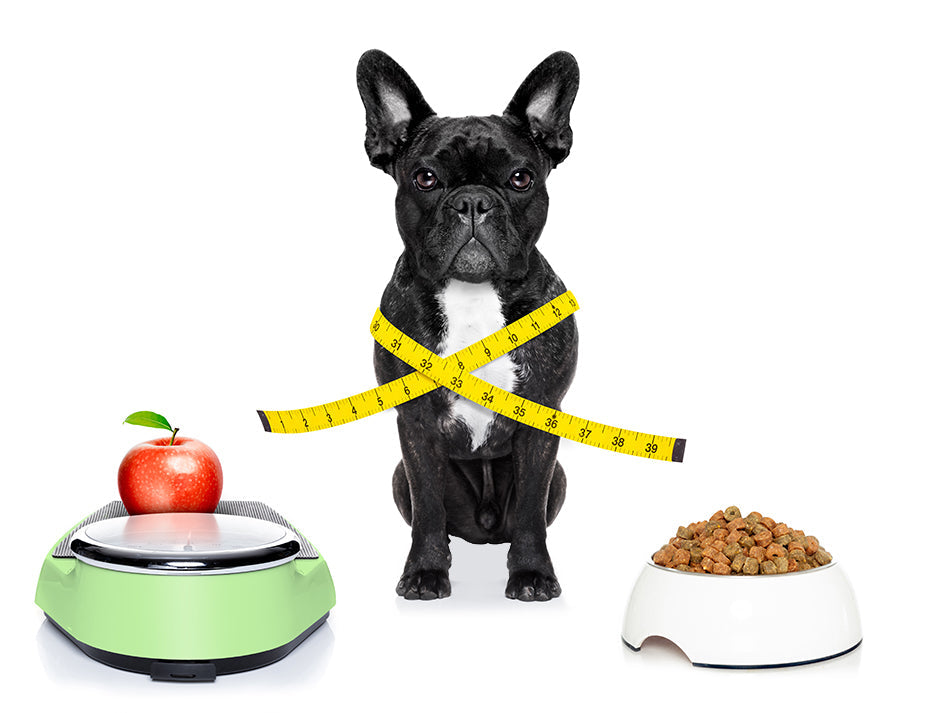
Health Issues Resulting from Poor Nutrition in Your Dog or Cat
Common Health Issues Linked to Nutrition
Skin and Coat Concerns
One of the most frequently observed problems in pets relates to their skin and coat condition, often manifesting as itchiness, dryness, flakiness, or a dull appearance. Recurrent ear infections are also a common complaint. These symptoms can sometimes be traced back to dietary factors, so it’s important to discuss them with your veterinarian or an animal nutrition expert.
Emily Ellsworth from Pure Pet in Ohio shares, “We frequently encounter skin, ear, digestive, and weight issues linked to inappropriate diets. While some pets may tolerate lower-quality food, many do not. I tell pet owners that just as most people don’t thrive on junk food, neither do their pets.”
Food Allergies
Pets can develop allergies to certain foods at any stage in life, even to ingredients they have eaten for years without issue. These allergies trigger the immune system to release histamines, leading to symptoms such as persistent itching, licking, chewing, skin sores, and ear infections.
Jackie Antonelli of Barks-n-Meows Grooming in New York remarks, “My niece’s dog has severe allergies, and changes in her nose’s color helped us identify the problematic foods.”
Common allergens include beef, chicken, pork, corn, wheat, rice, eggs, and soy. If allergies are suspected, your vet may suggest elimination diets or allergy testing and recommend specialized hypoallergenic pet foods.
Dry Skin and Coat Health
Pets with dull fur or flaky skin may benefit from increasing omega fatty acids in their diet. These essential fats, abundant in fish oils, can reduce itchiness and promote healthier skin and fur. Omega-enriched foods or supplements are widely available, and small amounts of coconut oil can also be added carefully to their meals, mindful of calorie limits.
Recurring Ear Infections
Ear infections in pets can sometimes indicate a food sensitivity. Allergic reactions in the gut can promote bacterial or yeast overgrowth that affects the ears. While some dogs suffer from chronic ear infections, dietary changes often bring relief.
2. Impact on Behavior
Your pet’s diet can significantly influence their behavior. While protein is essential, consuming too much can have unintended effects.
Anxiety and Aggression
Excessive protein intake may reduce serotonin levels—a key neurotransmitter for mood regulation—because it limits tryptophan availability. This imbalance can result in increased anxiety and aggression. Adjusting protein levels and including tryptophan-rich foods like eggs, oats, or cheese can help soothe these behaviors.
Excessive Energy
Diets high in carbohydrates can cause spikes in blood sugar, which may lead to hyperactivity in some pets.
3. Gastrointestinal Issues
Improper nutrition often causes digestive upset, including vomiting, diarrhea, gas, and irregular stools. When digestion is compromised, pets may suffer nutrient deficiencies even if they eat enough food.
Sensitive Digestive Systems
Some animals have delicate stomachs that react poorly to specific proteins, fats, or fibers, showing symptoms such as vomiting, burping, gas, diarrhea, or stomach noises.
Intestinal Disorders
Food intolerances can lead to symptoms resembling sensitive stomach issues, including diarrhea and soft stools. Rapid intestinal transit may prevent proper nutrient absorption, increasing the risk of malnutrition.
4. Low Energy and Fatigue
Much like humans, pets can feel tired and lethargic when their health is compromised. Fatigue may signal serious conditions such as pancreatitis, diabetes, heart disease, or kidney problems, often connected to poor diet.
5. Long-Term Health Problems
Chronic nutrient deficiencies and ongoing malnutrition can cause diseases that develop gradually over years. Preventative nutrition is key to avoiding such outcomes.
Becky Mobley from Wild Kingdom Pet Supplies in Texas points out that conditions like diabetes and pancreatitis are common but can often be prevented by choosing the right diet. “Consulting a veterinary nutritionist to select appropriate food can reduce costly medical bills and promote longevity in pets,” she advises.
Heart Conditions
Studies have raised concerns about grain-free diets high in peas, lentils, and potatoes, linking them to heart disease due to possible taurine deficiencies. Maintaining a healthy weight also lowers heart disease risk.
Kidney Health
Cats, especially those fed only dry food, are prone to kidney problems. Proper hydration and limiting salt intake—often high in table scraps—are critical. A diet low in protein and salt but rich in moisture is typically recommended.
Pancreatitis
Diets high in fat can trigger inflammation of the pancreas. Pets with pancreatitis usually require low-fat meals to recover.
Diabetes
Overconsumption of carbohydrates can disrupt blood sugar balance, increasing diabetes risk along with associated kidney and pancreatic complications.
6. Oral Health Challenges in Pets
Gum Disease and Dental Problems
Severe dental conditions can cause considerable pain for pets. A well-balanced diet plays a key role in minimizing plaque accumulation. Research indicates that raw diets tailored to the species' natural eating habits can promote better dental health, while carbohydrate-rich dry foods often contribute to plaque buildup.
Besides diet, establishing a regular dental hygiene routine is essential. This includes brushing teeth with pet-safe toothpaste, providing suitable dental chews and treats, and ensuring professional cleanings during vet visits.
Unpleasant Breath
Although pets rarely have fresh breath like humans, persistent bad breath can signal underlying dental or oral health issues. Consistent nutrition is fundamental in maintaining oral cleanliness and reducing such odors.
7. Managing Your Pet’s Weight
Reduced Food Intake
A decreased desire to eat, known as anorexia, often hints at an underlying condition, which may involve nutritional factors. Causes can range from mouth or stomach discomfort, kidney disease, pancreatitis, to simply the pet rejecting its current food—a behavior common in finicky animals, especially cats.
Any noticeable or persistent shifts in appetite warrant a veterinary evaluation. Sometimes, modifying the pet’s diet can resolve the issue.
Weight Gain Problems
Pet obesity arises from multiple factors, notably overeating and consuming calorie-dense diets. High carbohydrate and sugar content in foods, along with frequent treats and table scraps, often lead to unwanted weight gain.
Sudden Weight Changes
Unexpected weight loss or gain should prompt immediate veterinary attention as it may indicate serious health problems such as diabetes, thyroid imbalances, Cushing’s disease, or cancers. For detailed information, see 10 Early Signs of Cancer in Pets.
Both excessive thinness and obesity can lead to nutritional deficiencies that worsen diet-related health concerns.
Whether your pet is facing health challenges or you simply want to optimize their diet, understanding their nutritional needs is crucial. Check out our upcoming post, Best Foods and Supplements for Tackling 10 Common Pet Health Problems, featuring expert advice on maintaining balanced nutrition and managing health issues through diet. Always consult a veterinarian or a qualified pet nutritionist before making dietary changes. This resource provides a great foundation!
Liked what you read? Join us on Facebook for more helpful content, interactive polls, and fun photos and videos. Also, don’t forget to subscribe to our newsletter to receive updates and news from HomeoAnimo™ straight to your inbox!





















Leave a comment
This site is protected by hCaptcha and the hCaptcha Privacy Policy and Terms of Service apply.